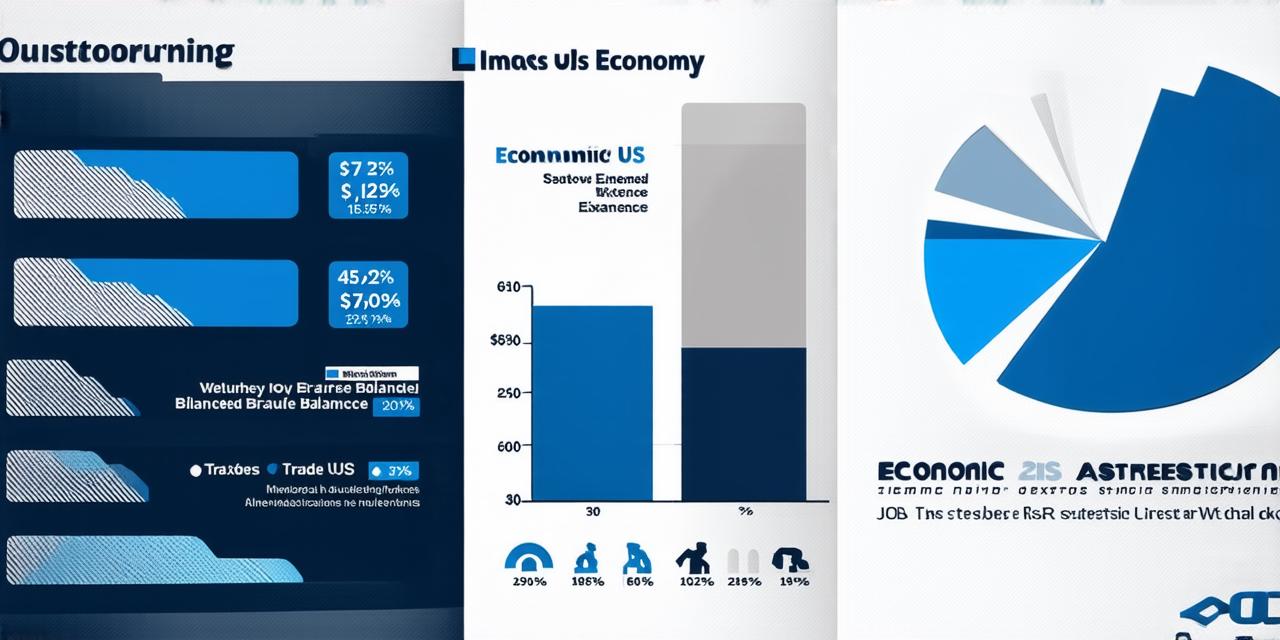The Impact of Outsourcing on the US Economy
BlogOutsourcing refers to the practice of companies transferring part or all of their operations to third-party vendors, often located in different countries with lower labor costs. This practice has been growing in popularity over the past few decades and has had a significant impact on the US economy.
Table of Contents
ToggleAdvantages of Outsourcing
One of the main advantages of outsourcing is that it can help companies reduce their costs. By transferring operations to lower-cost countries, companies can take advantage of cheaper labor, lower overhead costs, and better infrastructure. This can result in significant savings for companies, which they can then use to invest in other areas of their business or return to shareholders.
Another advantage of outsourcing is that it can help companies increase their efficiency and productivity. By outsourcing certain tasks to third-party vendors, companies can focus on their core competencies and let experts handle the more specialized or time-consuming work. This can free up resources and allow companies to bring products to market faster.

Disadvantages of Outsourcing
Despite its advantages, outsourcing also has some potential downsides. One concern is that it can lead to job losses in the US as companies transfer operations overseas. While new jobs may be created in these countries, the loss of jobs in the US can have a negative impact on the economy and contribute to rising unemployment rates.
Another concern is that outsourcing can result in a loss of intellectual property and proprietary knowledge. When companies outsource certain tasks, they may be transferring sensitive information to third-party vendors who may not have the same level of security measures in place. This can put the company at risk of losing valuable intellectual property or having it misused.
Impact on the US Economy
Overall, the impact of outsourcing on the US economy is complex and multifaceted. While it can lead to cost savings and increased efficiency for companies, it can also result in job losses and a loss of intellectual property. As such, it is important for companies to carefully consider the potential risks and benefits of outsourcing before making any decisions about their operations.
In conclusion, outsourcing has become an increasingly popular practice in recent years, with both advantages and disadvantages for the US economy. While it can help companies reduce costs and increase efficiency, it can also lead to job losses and a loss of intellectual property. As such, it is important for companies to carefully consider the potential risks and benefits before making any decisions about their operations.
